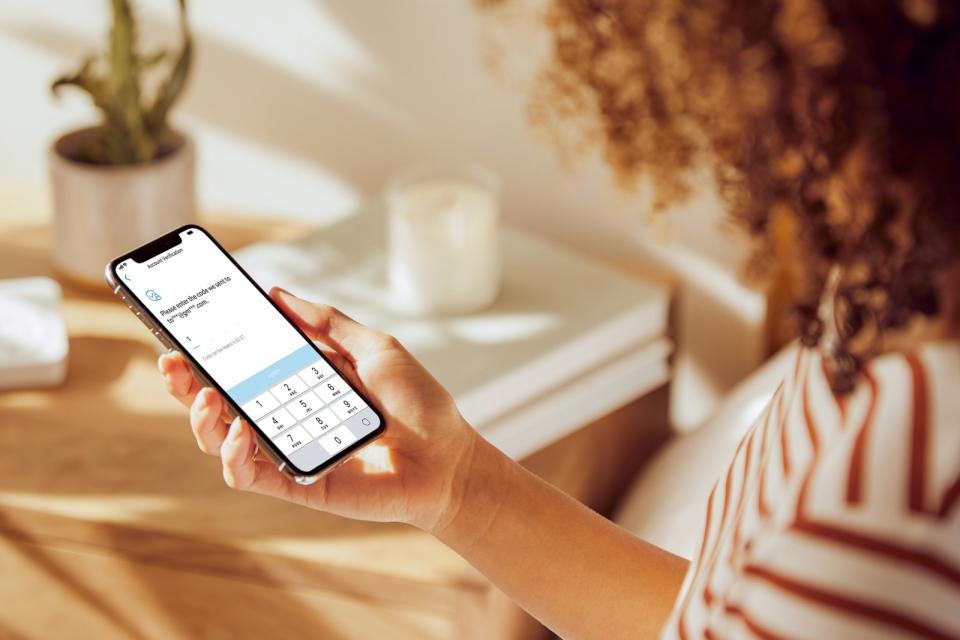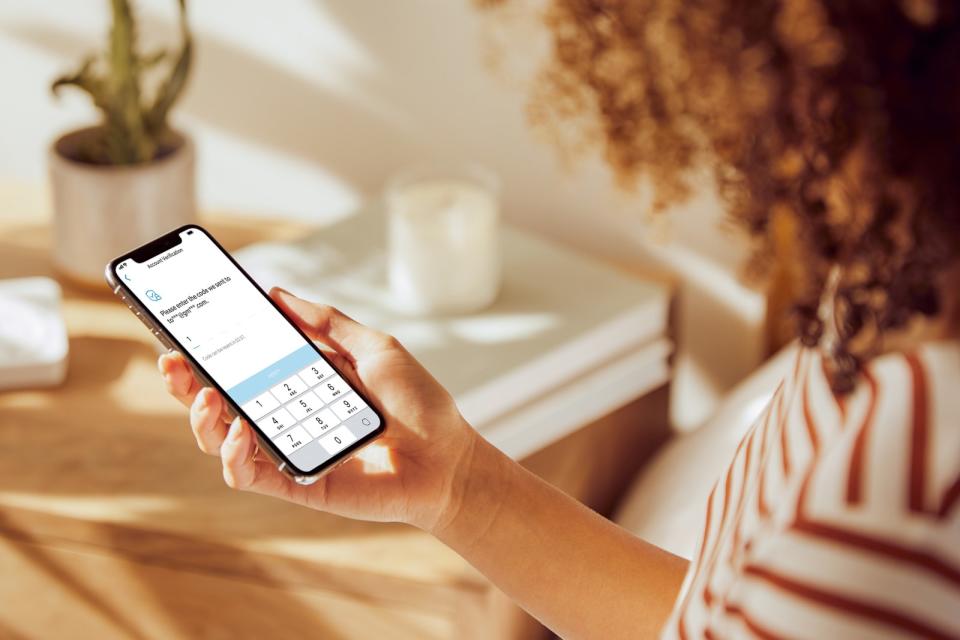Ring now requires two-factor sign-ins for its home security devices
It will also offer ways to limit data sharing with third parties.
Ring is continuing its bid to improve privacy and security after facing criticism. As of today, the Amazon brand will start requiring two-factor authentication for all users when they sign into their Ring accounts. When the feature reaches you this week, you'll always get a six-digit code sent to either your email or (less recommended) SMS in order to complete the login process. This move will seem more than a little familiar when Nest announced a similar requirement just a week earlier, but it's still good news when it promises to raise the baseline security for Ring's smart home devices.
The company will also offer more control over data sharing. It's immediately "pausing" the use of the majority of third-party analytics services in its apps and website while it devises more ways to opt out of that sharing in its Control Center. You should see those tighter controls in early spring. This week, you can also opt out of sharing data for targeted advertising. There's a good chance you'll see some ads regardless, but they won't be aimed at you.
Ring's changes come soon after an Electronic Frontier Foundation investigation showed that the Ring app's third-party trackers shared info with Facebook, Google and data companies like AppsFlyer and MixPanel. While those practices aren't unheard of elsewhere, you didn't really have a choice to bow out -- a concern when a data breach or unscrupulous provider could put sensitive information into the wrong hands. Between the new opt-out controls and two-factor sign-ins, Ring is clearly determined to regain some of the trust it has been losing in recent months.


